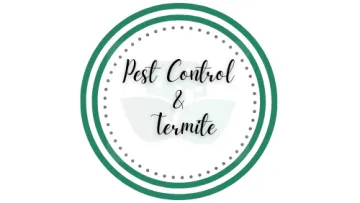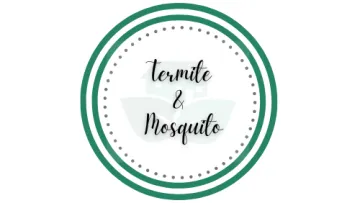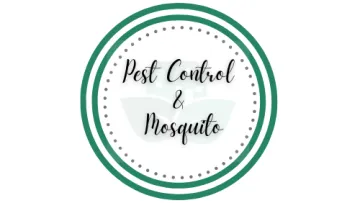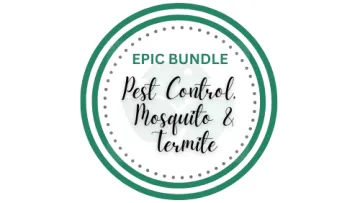Mice
Mice
Mice are common rodents in the Southeastern United States, presenting potential challenges for residents. The House Mouse (Mus musculus) is the most prevalent species, adaptable to various environments, including homes. Due to their small size and ability to navigate tight spaces, mice often seek shelter indoors during colder months. Their presence can cause concerns such as property damage, food contamination, and disease transmission.
Good Nature Pest Control recognizes the importance of addressing mouse infestations promptly to maintain a pest-free and sanitary environment for residents in the Southeast. Our professional services are designed to effectively identify and manage mouse problems, offering solutions tailored to the specific needs of homeowners. By using environmentally friendly methods, Good Nature Pest Control aims to address mouse issues while protecting both households and the surrounding ecosystem.
Types of Mice
The Southeastern United States is home to a diverse range of mouse species, each well-suited to the region's varied ecosystems. The Cotton Mouse (Peromyscus gossypinus) is known for its agility and adaptability across different habitats. The Deer Mouse (Peromyscus maniculatus), recognizable by its white underside, is commonly found in wooded areas. The Eastern Harvest Mouse (Reithrodontomys humulis) prefers grassy environments and is noted for its small size and distinctive fur coloration.
In urban and residential settings, the House Mouse (Mus musculus) is highly adaptable and frequently seeks shelter indoors. The White-footed Mouse (Peromyscus leucopus), distinguished by its white feet and underparts, is widespread across various environments. While these mouse species contribute to the region's biodiversity, their presence inside homes can cause concerns related to property damage and health risks. Good Nature Pest Control provides expert solutions to manage mouse infestations effectively, ensuring a safe and pest-free environment for residents in the Southeast.
Cotton Mouse
(Peromyscus Gossypinus)
Recognized for its distinctive black and white coloration, the Bald-faced Hornet constructs large, paper nests in the Southeast.
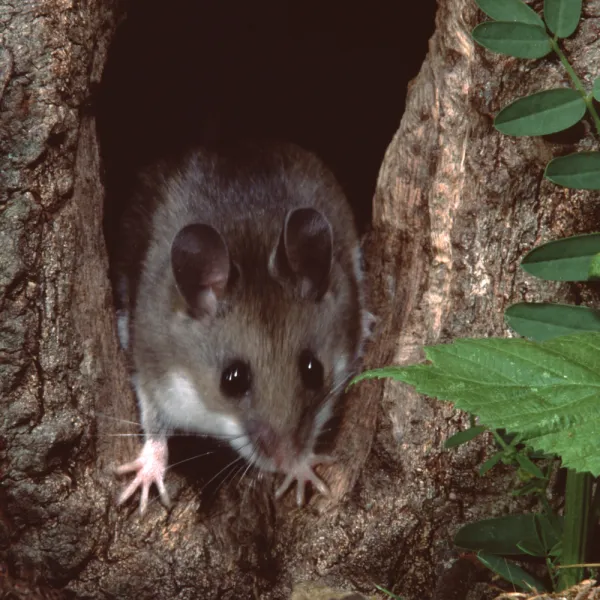
Deer Mouse
(Peromyscus Maniculatus)
With a distinctive white underside, the Deer Mouse is common in wooded areas throughout the Southeast.
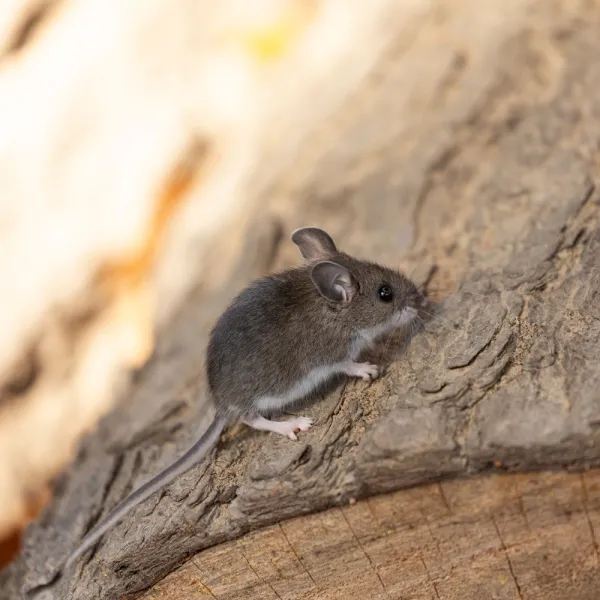
Eastern Harvest Mouse
(Reithrodontomys Humulis)
Preferring grassy habitats, the Eastern Harvest Mouse is known for its small size and distinctive fur coloration.
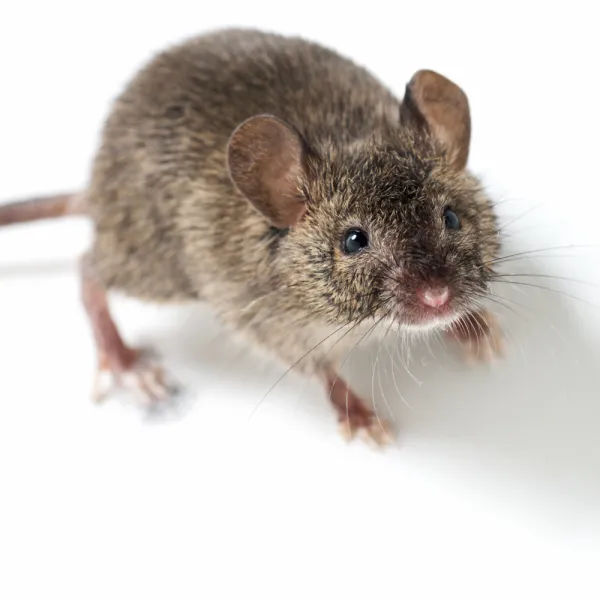
House Mouse
(Mus Musculus)
An adaptable species, the House Mouse is prevalent in urban and residential areas, often seeking shelter indoors.
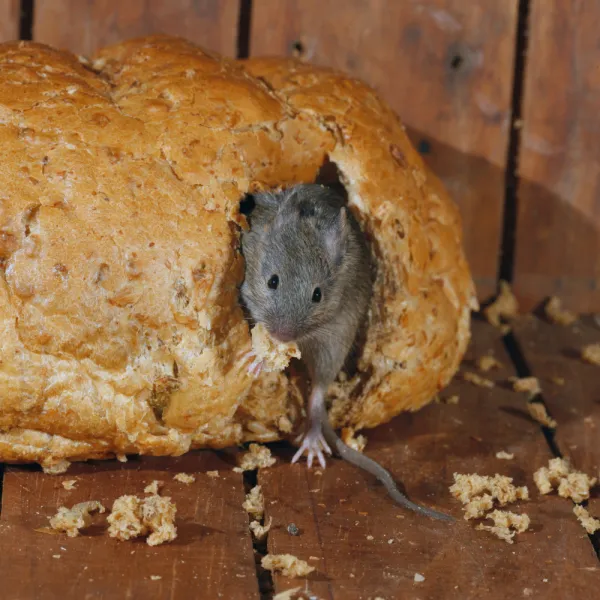
White-footed Mouse
(Peromyscus Leucopus)
Common in a variety of environments, the White-footed Mouse is recognized for its white feet and underparts in the Southeast.
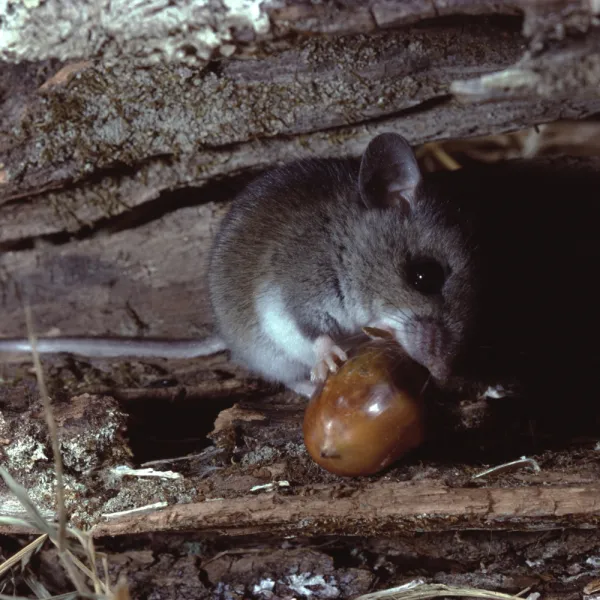
Bundle Packages Available!
Experience the value of Good Nature Pest Control's all-inclusive bundles, offering exceptional service and significant savings.
Don't miss the opportunity to explore our referral program! Get in touch with us today!
Decades
Of Experience
Dozens
Of Customer Service Awards
Thousands
of Online Reviews
Frequently Asked Questions
Q What types of mice are common in the Southeast?
Common mice in the Southeast include the Cotton Mouse, Deer Mouse, Eastern Harvest Mouse, House Mouse, and White-footed Mouse.
Q Are mice harmful to humans in the Southeast?
While generally not harmful, mice can pose concerns for property damage and health risks; professional services can address infestations and alleviate concerns.
Q Why do mice enter homes in the Southeast?
Mice seek shelter, warmth, and food indoors, especially during colder seasons; Good Nature Pest Control offers effective solutions for mouse infestations.
Q Can mice pose risks to vegetation or gardens?
Mice may feed on plants, seeds, and stored food; professional services can address potential issues related to mouse presence in gardens.
Q How can I identify signs of a mouse infestation in my home?
Signs include droppings, gnaw marks, and sightings of mice; professional inspection can confirm the extent of an infestation.
Q Are mice associated with specific environments in the Southeast?
Mice can adapt to various environments, from urban areas to wooded regions; Good Nature Pest Control considers these factors in pest management.
Q Can mouse infestations be prevented in homes?
Good Nature Pest provides preventive measures, such as sealing entry points and maintaining cleanliness, to minimize the likelihood of mouse infestations.
Q Do mice carry diseases?
Mice can transmit diseases through their droppings and urine; professional services can address concerns related to mouse-borne illnesses.
Q Are there eco-friendly methods for managing mouse issues?
Good Nature Pest Control prioritizes environmentally conscious solutions to manage mouse infestations, ensuring minimal impact on the environment.
Q How quickly can Good Nature Pest Control respond to mouse-related concerns?
We prioritize prompt service, offering swift and efficient solutions to address mouse infestations and alleviate concerns for homeowners.

